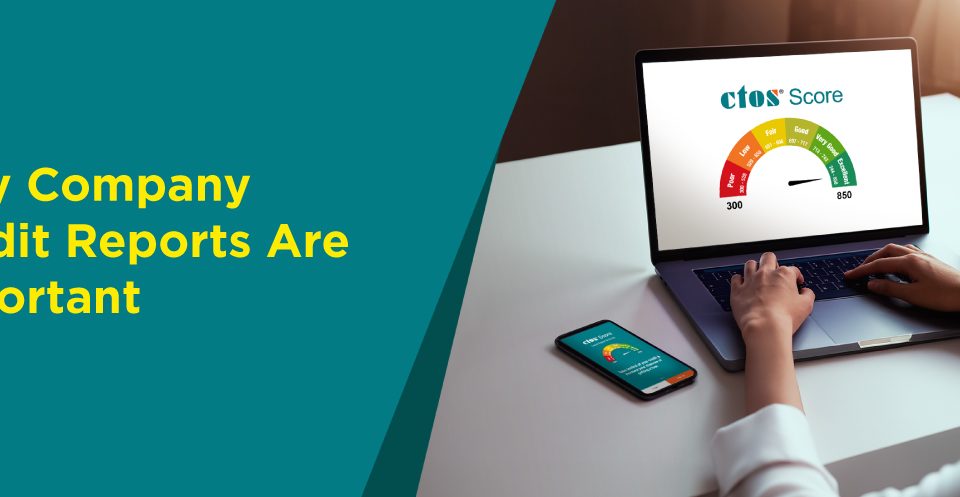Your credit score is an important indicator of your financial health, so it’s crucial to develop good credit habits to build and maintain a good credit history. Learn and avoid common credit mistakes that can stifle your progress and even damage your credit score for years to come.
Mistake 1: Only checking your credit report when there’s a problem
Your credit report contains a lot of crucial information, such as your credit score, CCRIS details, directorship and business interests, litigation and more. If you only check your report when there’s a problem, it will take a much longer time to fix things later.
Checking your credit report regularly enables you to spot problem areas or inaccuracies early, so you can take immediate steps to correct them. That way, you’ll be credit-ready when you need to be, for instance if you need to apply for a loan.
Mistake 2: Not paying bills on time
Payment history has a big impact on your credit score with a 45% weightage, so missing even one payment could wreak havoc on your credit and may result in fees and penalties.
Late payment will stay in CCRIS/CTOS data for 24 months and it will be used in credit score calculation. While its impact on your score may diminish over time with new positive information, it can still hamper your credit growth the entire time it’s on there.
To ensure you pay all your bills on time, request payment reminders from your lenders or, even better, set up autopay through your bank account. Just make sure you have enough money in your bank account each month to cover your bills.
Mistake 3: Co-signing a loan
If a friend or relative can’t get loan approval on their own, there is usually a problem with their credit standing. If the borrower doesn’t pay as agreed, you’ll have to repay the debt and the relationship will be ruined.
Be gentle and tactful in saying no. You can instead suggest that the person try to fix their credit health first before applying for a loan – a good way for them to start is by checking their credit report and seeking financial counselling.




